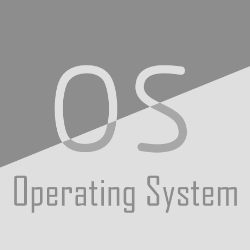Computer systems used in the field of humanitarian technology are often based on general-purpose single-board computers, such as Raspberry Pis. While these systems offer great flexibility for developers and users, configuration and deployment either introduces overhead by executing scripts on multiple devices or requires deeper technical understanding when building operating system images for such small computers from scratch. In this paper, we present PIMOD, a software tool for configuring operating system images for single-board computer systems. We propose a simple yet comprehensive configuration language. In a configuration profile, called Pifile, a small set of commands is used to describe the configuration of an operating system image. Virtualization techniques are used during the execution of the profile in order to be distribution and platform independent. Commands can be issued in the guest operating system, providing access to the distribution specific tools, e.g., to configure hardware parameters. The implementation of PIMOD is made public under a free and open source license. PIMOD is evaluated in terms of user benefits, performance compared to on-system configuration, and applicability across different hardware platforms and operating systems.
翻译:人道主义技术领域使用的计算机系统往往以通用的单机计算机为基础,如Raspberry Pis。虽然这些系统为开发者和用户提供了极大的灵活性,但配置和部署要么通过在多个设备上执行脚本而引入间接费用,要么要求从零开始为这些小计算机建立操作系统图像时有更深的技术理解。本文介绍了用于为单机计算机系统配置操作系统图像的软件工具PIMD。我们提议了一种简单而全面的配置语言。在称为Pifile的配置配置文件中,使用一套小的指令来描述操作系统图像的配置。在配置过程中使用了虚拟化技术,以便进行发送和平台独立。指令可以在客人操作系统中发布,提供特定分发工具,例如,以配置硬件参数。PIMD的落实在自由和开放源许可下公开公布。PIMD的落实工作从用户利益、业绩与系统配置以及不同硬件平台和操作系统的可适用性等方面进行了评估。


